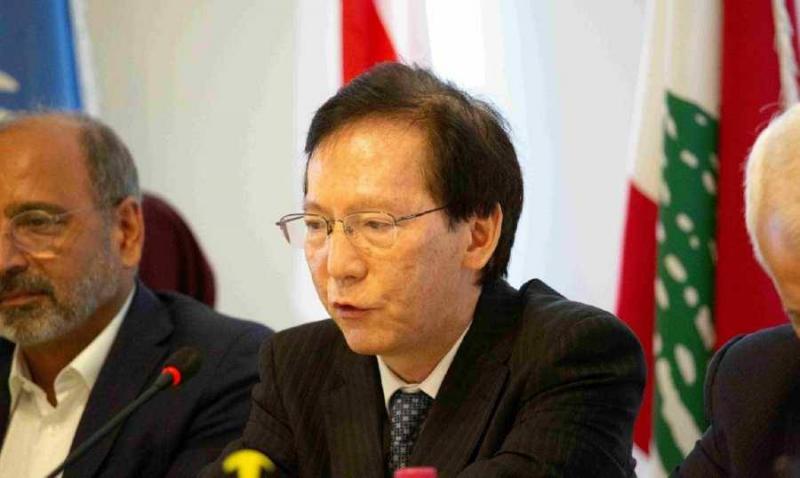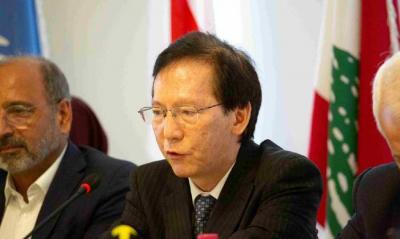The United Nations Human Settlements Programme, the Food and Agriculture Organization of the United Nations in Lebanon, the Embassy of Japan in Lebanon, and the municipality of Tripoli celebrated the conclusion of a training program focused on urban agriculture for food production. This event was part of the Marja project aimed at promoting urban agriculture by rehabilitating agricultural land in the Zaytoun area of Tripoli, owned by the Islamic Waqf department in Tripoli. The celebration took place at Dar Al-Zahra in Tripoli, with the presence of Japanese Ambassador Masayuki Magoshi, the Mayor of Tripoli, Engineer Ahmad Qamar al-Din, the Head of the Tripoli and North Chamber of Commerce, Industry, and Agriculture, Tawfiq Deboushi, representatives from UN-Habitat and FAO in Lebanon, and interested parties.
Initially, a video report explained that "the training program, which included 100 women and 50 young men and women, lasted for nine months, during which courses and workshops were held as part of the agricultural project belonging to the Dar Al-Zahra association, a direct partner in the Marja project implemented by UN-Habitat, funded by the Embassy of Japan in Lebanon. The Marja project involves urban agriculture and adequate solutions for water and renewable energy, which started working in January 2023 in the Shalfa area in Abi Samra."
For his part, Magoshi stated: "Japan focuses on advancing the agricultural sector through projects that enhance food security and support livelihoods. This recent assistance, which enhances urban agriculture in Tripoli, drives towards these goals and has also helped create job opportunities in food and agricultural production by providing the necessary infrastructure and knowledge. We hope that this grant will establish a sustainable, environmentally friendly, and economically applicable model."
He pointed out that "the Shalfa area in Abi Samra is considered one of the most vulnerable neighborhoods in Tripoli. Communities face unstable living conditions and a lack of social and economic security due to prolonged crises in Lebanon. To provide long-term livelihood opportunities for the community, the Marja project strengthens urban agriculture by rehabilitating agricultural land in the Zaytoun area of Tripoli, owned by the Islamic Waqf department in Tripoli. With technical support from the FAO to establish productive and environmentally sustainable agricultural infrastructure, in addition to setting up a plan for economic and social feasibility and technical training on good agricultural practices based on the principle of 'from farm to consumer' and connecting producers to the market. Meanwhile, the Waqf department is marketing agricultural products within local markets. Fifty women who participated in the training on urban agriculture and food production will apply the skills they learned in exchange for compensation and gain knowledge to implement good agricultural practices."




